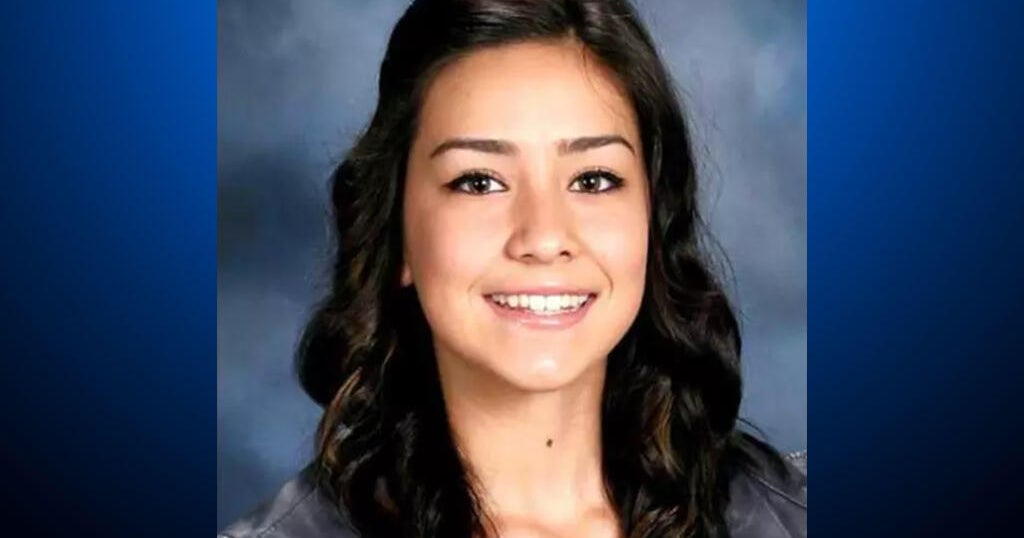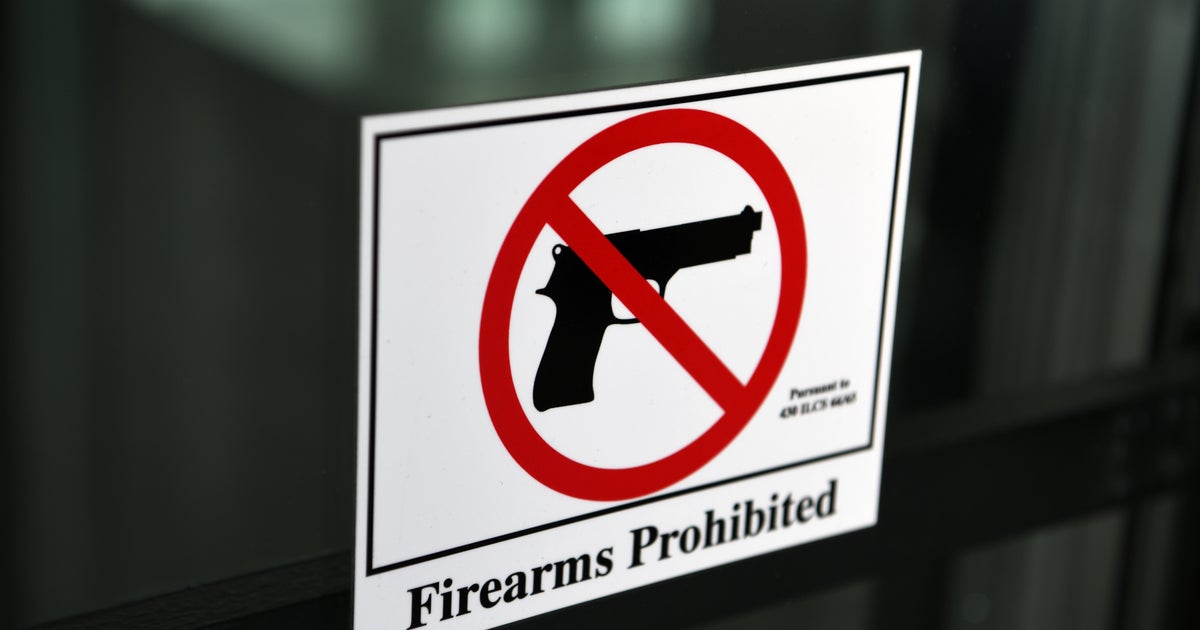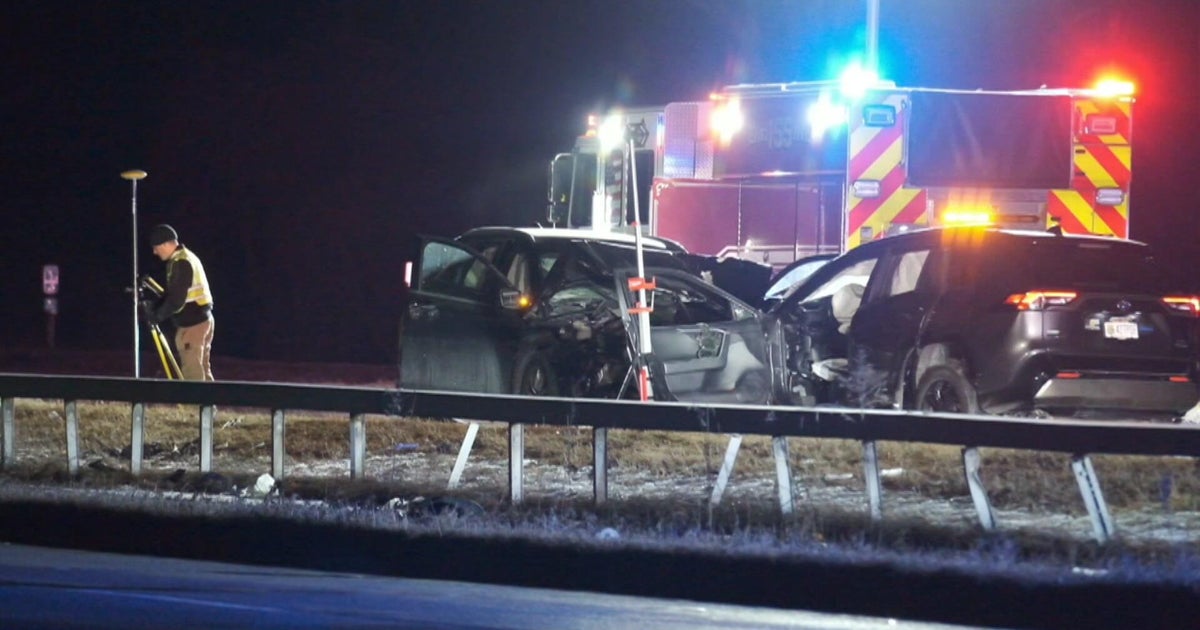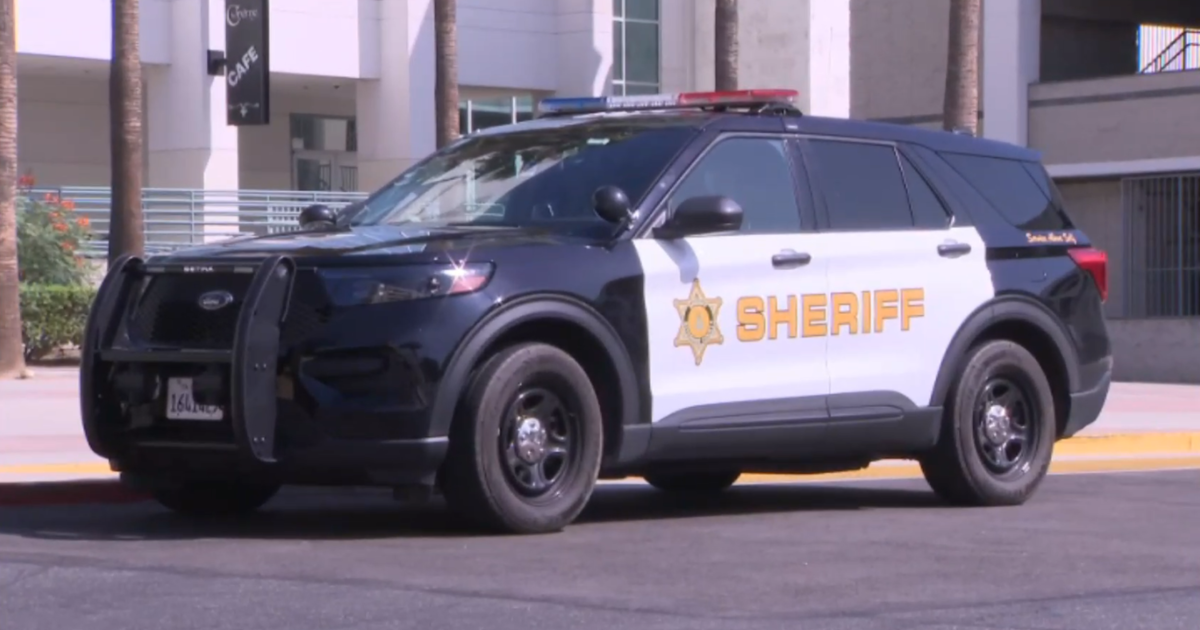Md. DNA Law In Front Of SCOTUS Aided 43 Cases
By JESSICA GRESKO
Associated Press
WASHINGTON (AP) -- A Maryland DNA law being challenged in the U.S. Supreme Court helped lead to 43 convictions over the past four years, but state data shows the majority of the convictions could eventually have happened even without the new law.
For years, Maryland required people convicted of serious crimes to provide a DNA sample. The sample, taken from a swab of saliva, was then compared against a database of DNA evidence from crime scenes, and some old cases were able to be solved. Maryland changed its law in 2009, however, so that people had to provide the saliva sample when they were arrested on charges of committing certain violent crimes -- before going to trial.
The change is at the center of a U.S. Supreme Court case being argued Tuesday. Opponents say the law violates a person's constitutional right to be free from unreasonable searches and seizures. But supporters of the law, including Maryland Gov. Martin O'Malley and Attorney General Douglas Gansler, say taking DNA from arrestees is an important law enforcement tool used by 27 other states and the federal government. They say it is no more invasive than taking a person's fingerprints.
"Law enforcement has been taking fingerprints forever," Gansler said in a telephone interview Friday.
The state has now taken more than 33,000 DNA samples as a result of the expansion. Those samples have led to 73 arrests and 43 convictions, with sentences ranging from probation to life in prison. The majority of the convictions were for burglary or theft; seven were for rape or sex offenses.
But 29 of the convictions could have happened even if Maryland hadn't extended its law to arrestees, according to state data. That's because those people were ultimately convicted of the offense for which their DNA was taken. Their DNA would have been collected even under the old law, though law enforcement would have had to wait until after their conviction.
For example, William Edward Burton III was arrested after being accused of attempted murder and rape. Officials took DNA and matched it to a rape that happened in Massachusetts from 1995. But because Burton ultimately pleaded guilty in the first case, his DNA would have been collected -- and would have ultimately led officials to the Massachusetts rape.
The attorney who prosecuted Burton's case, Elizabeth Ireland, said taking DNA from arrestees is still important because many cases don't end like Burton's.
"Not all arrestees are convicted, especially when it's a crime like a rape. Rape is one of the most under-reported and under-charged crimes," said Ireland, who also prosecuted the case that is before the Supreme Court.
State data shows 12 convictions, however, have hinged on law enforcement officials' ability to collect DNA at arrest. That's because those people were not convicted of the crime for which officials took their DNA, according to state data.
Brandon Michael Phipps was arrested on burglary and other charges in 2009 but was never convicted. Still, because he'd been arrested for a qualifying crime, authorities took his DNA. They matched it to blood found at the crime scene of a fire that destroyed two cars at a park and ride lot. He got probation, an outcome his lawyer, Andrew I. Alperstein, said he was pleased with.
A conviction in the case of Gregory Leslie Brown also wouldn't have happened without the law's expansion. Officials took Brown's DNA after he was arrested on a charge of sexual abuse of a minor, but he ultimately went to prison on an offense that wouldn't have allowed officials to take his DNA. Because his DNA could be taken at arrest under Maryland's changed law, investigators found it matched DNA evidence in the rapes of two teenagers. Brown's lawyer argued that his DNA had been taken against his constitutional rights and that the DNA was improperly handled. Brown said he was innocent, but he was convicted.
Brown's trial attorney, Allen Wolf, said he doesn't think Maryland's law should stand.
"Anyone can be accused of a serious crime. It doesn't mean you committed a serious crime," Wolf said. "You shouldn't lose your rights and liberties solely because you've been accused."
Brown's case has been appealed, and the outcome now depends on what happens at the U.S. Supreme Court.
The high court is considering the case of Alonzo King Jr., who was arrested on assault charges in 2009 after he was accused of pointing a shotgun at a group of people. The sample of his DNA taken at his arrest matched evidence taken in a 2003 rape, and he was convicted of that crime.
The justices are expected to reach a decision before their summer recess.
(Copyright 2013 by The Associated Press. All Rights Reserved.)







